Remember when solving crimes was as simple as lighting up a stogie and squinting through the smoke? The 1970s gave us a parade of television detectives who made police work look effortless, armed with nothing more than street smarts, a rumpled coat, and an endless supply of one-liners. These weren’t your buttoned-up, by-the-book cops – they were rebels with badges who bent the rules and somehow always caught the bad guy before the final commercial break.
1. Frank Cannon (Cannon)
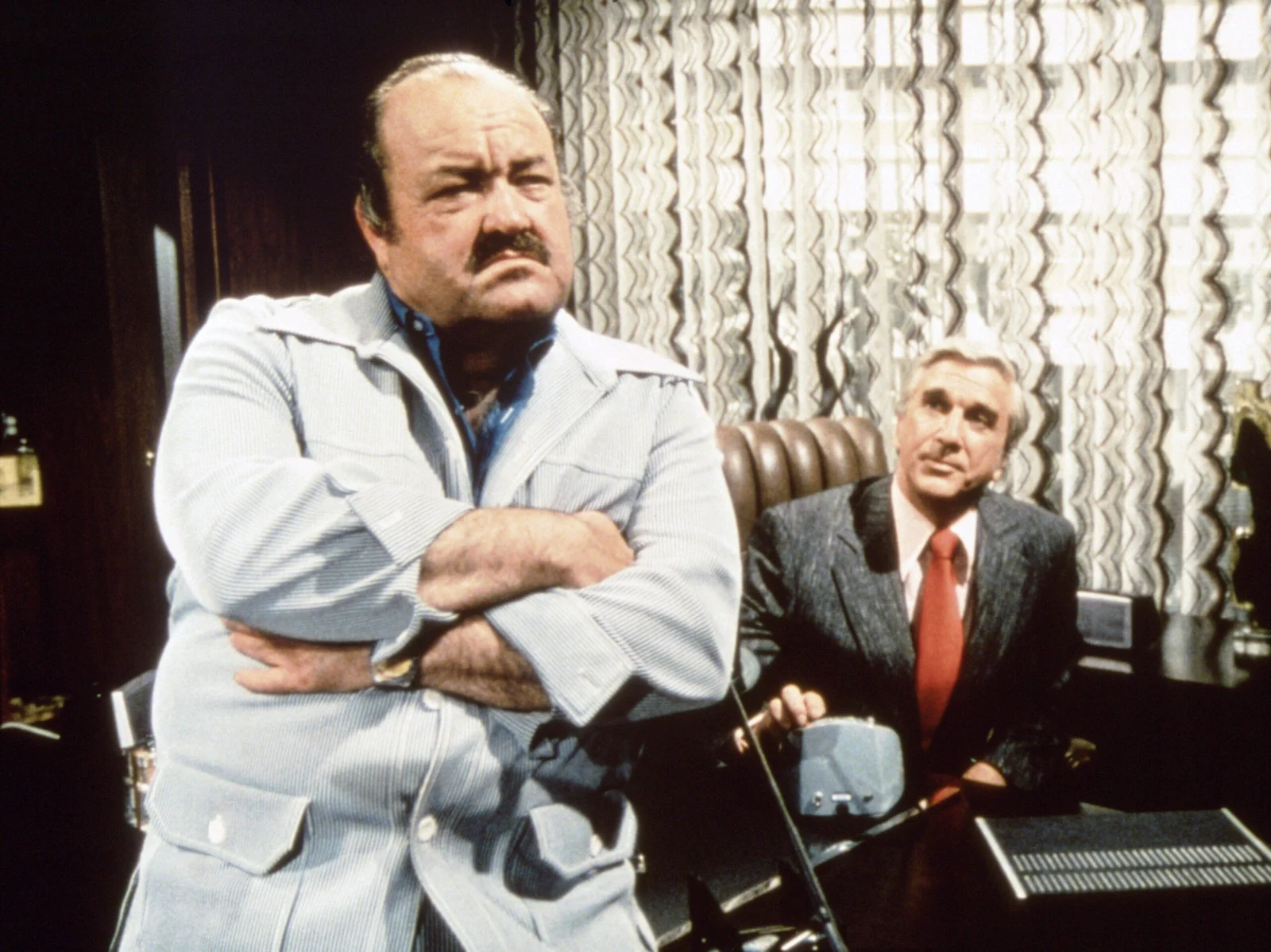
William Conrad’s portly private investigator proved that you didn’t need to chase down suspects on foot when you had brains and determination. Cannon drove around Los Angeles in his Lincoln Continental, using his bulk and his wit to intimidate witnesses and outsmart criminals. The man could make ordering lunch sound like a threat, and somehow that approach worked every single time.
Frank Cannon represented the anti-hero detective perfectly – he wasn’t handsome, he wasn’t particularly athletic, but he got results. His cases often involved wealthy clients with dark secrets, and Cannon had a knack for peeling back the layers of deception like an onion. You always knew the bad guys were in trouble when Cannon adjusted his tie and gave them that knowing look.
2. Jim Rockford (The Rockford Files)
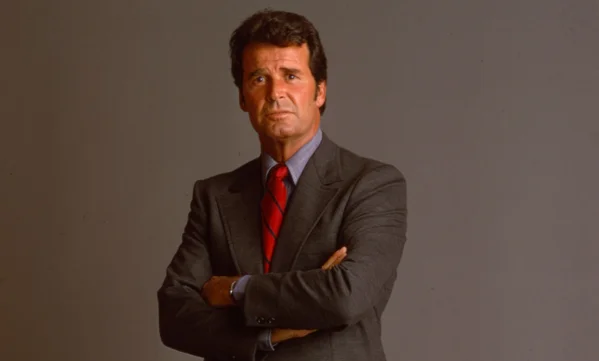
James Garner’s Jim Rockford lived in a trailer on the beach and charged $200 a day plus expenses, making him the most relatable detective on television. This ex-con turned private eye had a talent for stumbling into cases that were way more complicated than they appeared on the surface. Rockford’s charm was his everyman quality – he got beat up, his car broke down, and he constantly worried about money, just like the rest of us.
What made Rockford special was his ability to talk his way out of (and occasionally into) trouble with nothing but quick thinking and faster talking. He rarely carried a gun, preferring to rely on his wits and his ability to make people underestimate him. When things got really hairy, you could count on Rockford to come up with some half-baked scheme that would somehow work out in the end.
3. Lieutenant Columbo (Columbo)
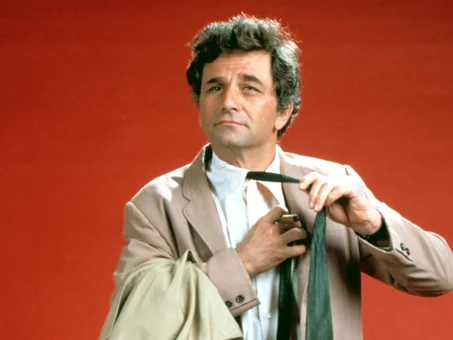
Peter Falk’s rumpled raincoat and ever-present cigar made Lieutenant Columbo the most unassuming detective in television history. This seemingly bumbling LAPD investigator had a habit of catching murderers who thought they were smarter than everyone else. Columbo’s genius lay in his ability to make suspects feel so superior that they’d practically confess just to show off their cleverness.
The beauty of Columbo was watching him slowly unravel the perfect crime with nothing more than persistent questions and that famous “just one more thing” line. He never raised his voice, never got physical, and never seemed to be in any particular hurry to solve the case. Yet somehow, by the end of each episode, the killer would be in handcuffs, wondering how this shabby little man had outsmarted them so completely.
4. Theo Kojak (Kojak)
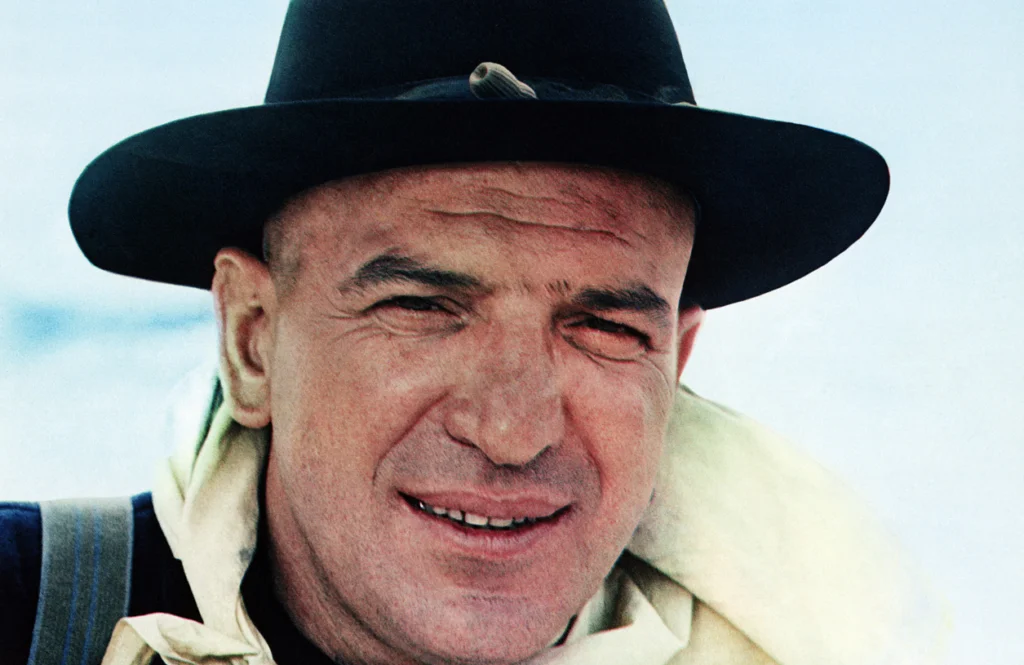
Telly Savalas brought a tough-guy swagger to the small screen as New York detective Lieutenant Theo Kojak, complete with his signature lollipop and bald head. This streetwise cop worked the mean streets of Manhattan with a combination of old-school police work and new-school attitude. Kojak wasn’t afraid to bend the rules when it meant getting the bad guys off the street, and his “Who loves ya, baby?” became a national catchphrase.
What set Kojak apart was his ability to relate to both the criminal underworld and the victims he was trying to help. He understood that sometimes the line between good and bad wasn’t as clear-cut as the law books suggested. Kojak’s cases often involved organized crime, corruption, and the kind of moral ambiguity that made viewers think twice about who the real villains were.
5. Dan Tanna (Vega$)

Robert Urich’s Dan Tanna cruised the neon-lit streets of Las Vegas in a red Thunderbird, solving crimes in the city that never sleeps. This private investigator worked for a major casino owner, which meant his cases usually involved high-stakes gambling, showgirls, and the kind of people who came to Vegas to reinvent themselves. Tanna had the perfect combination of charm and toughness needed to navigate Sin City’s underworld.
Las Vegas in the ’70s was a playground for adults, and Dan Tanna was the perfect guide through its glittering dangers. His office was a converted warehouse, and his lifestyle was as flashy as the city he called home. Tanna knew that in Vegas, everyone was running some kind of angle, and his job was to figure out which angles were illegal and which ones were just morally questionable.
6. Thomas Banacek (Banacek)
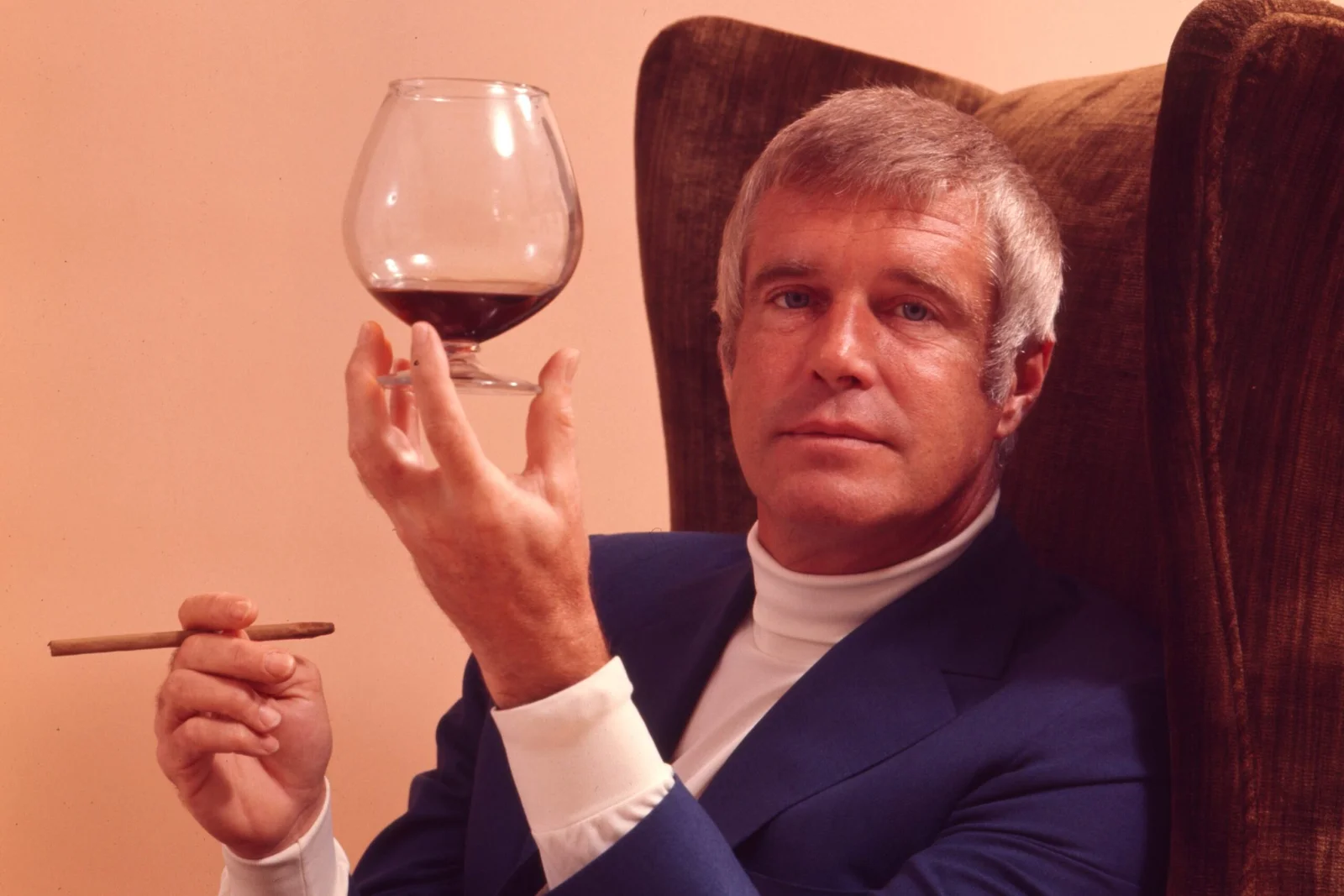
George Peppard played Thomas Banacek, a suave insurance investigator who specialized in impossible crimes that seemed to defy logic. This Polish-American detective from Boston had a talent for solving cases that left other investigators scratching their heads. Banacek’s approach was methodical and intellectual, often involving elaborate schemes and ingenious methods that criminals used to commit their “perfect” crimes.
What made Banacek fascinating was his ability to see patterns and connections that others missed entirely. He collected a percentage of whatever insurance money he saved his company, which meant he had a financial incentive to be the best at what he did. Banacek’s cases were puzzles wrapped in mysteries, and watching him work through the clues was like getting a masterclass in deductive reasoning.
7. Harry Orwell (Harry O)
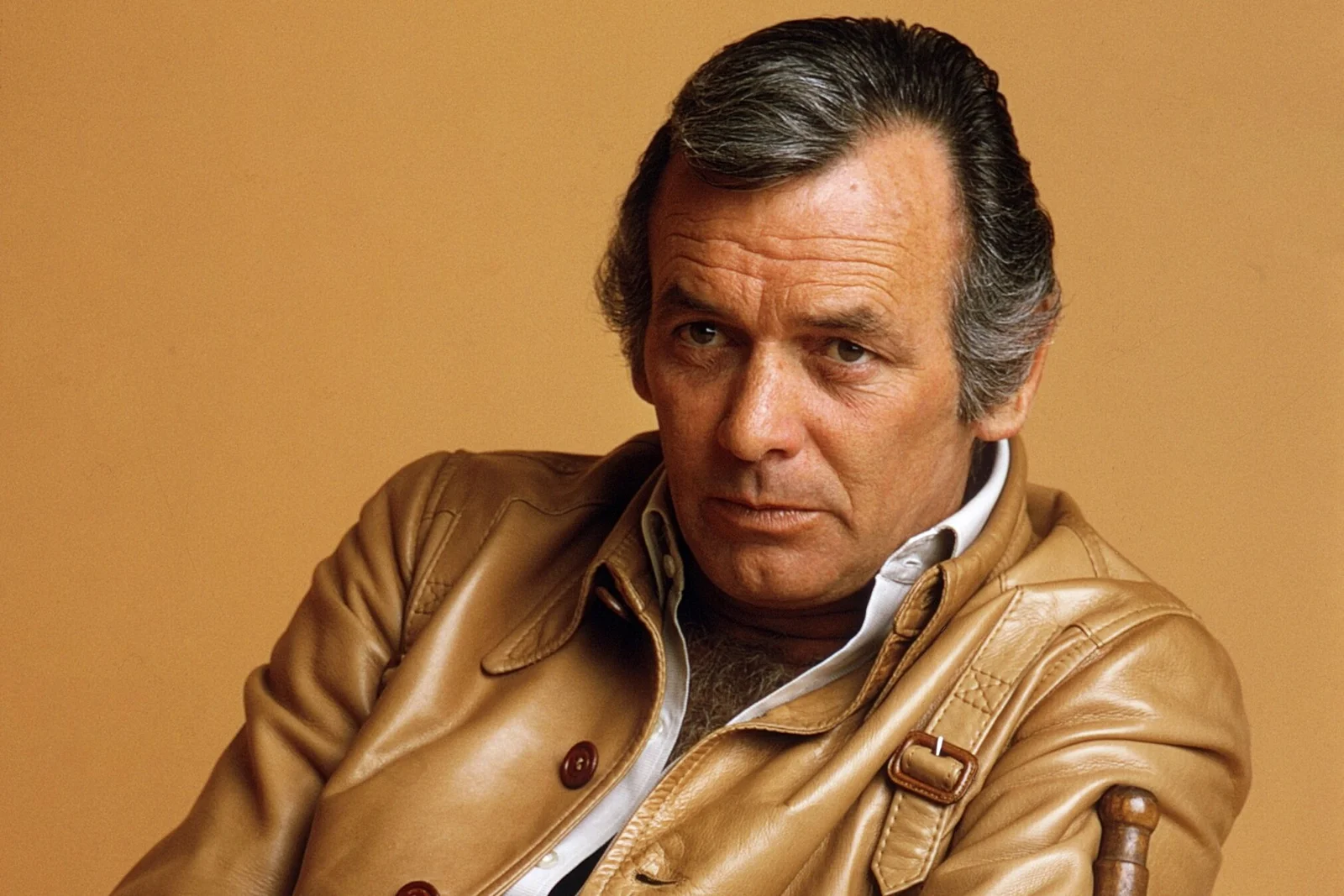
David Janssen brought his world-weary charm to the role of Harry Orwell, a former cop turned private investigator living in San Diego. Harry operated out of a beach cottage, taking on cases that other detectives wouldn’t touch, usually involving people on the fringes of society. His laid-back California lifestyle masked a sharp investigative mind and a genuine concern for his clients, no matter how hopeless their situations seemed.
Harry O represented the softer side of ’70s detective work, focusing more on human drama than violent action. His cases often involved missing persons, domestic troubles, and the kind of small-time crimes that didn’t make headlines but still ruined lives. Harry’s approach was compassionate and patient, understanding that sometimes the best way to solve a case was simply to listen to what people were really trying to tell you.
8. Joe Mannix (Mannix)
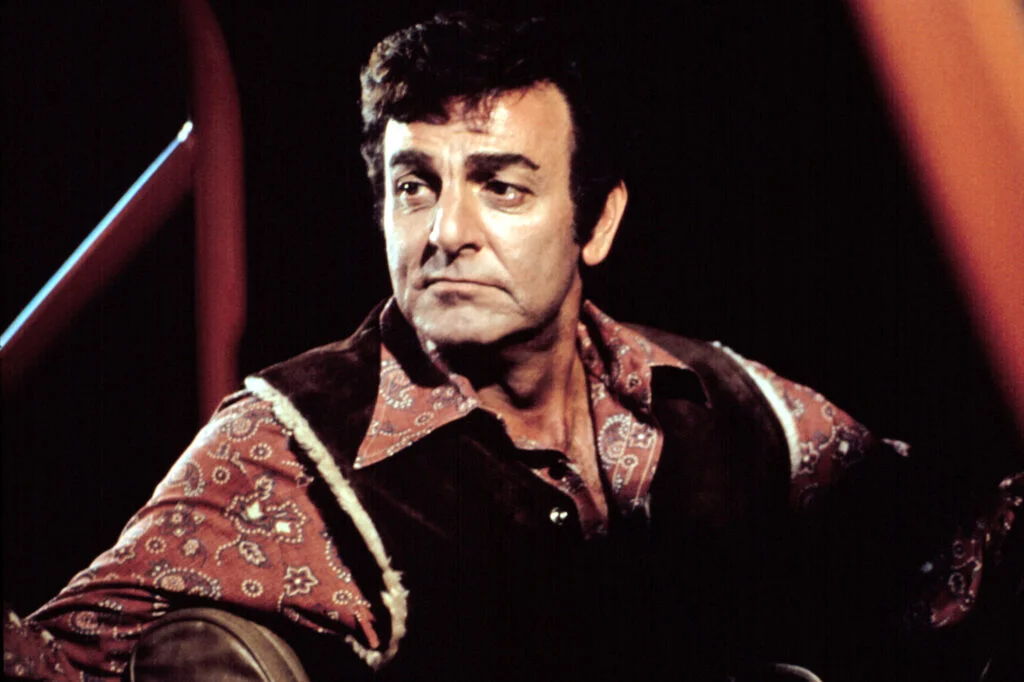
Mike Connors starred as Joe Mannix, a private investigator who seemed to attract trouble like a magnet attracts metal. This Armenian-American detective worked out of Los Angeles, taking on cases that invariably led to car chases, fistfights, and enough gunplay to make viewers wonder how he managed to stay alive from week to week. Mannix was tough, resourceful, and had a talent for getting out of impossible situations through sheer determination.
What made Mannix special was his willingness to take on cases that others considered too dangerous or too complicated. He had a strong sense of justice and wasn’t afraid to go up against powerful people when they were in the wrong. Mannix’s cases often involved corporate corruption, political scandals, and the kind of high-stakes crime that required both physical courage and mental toughness to solve.
9. Paul Drake (The New Perry Mason)
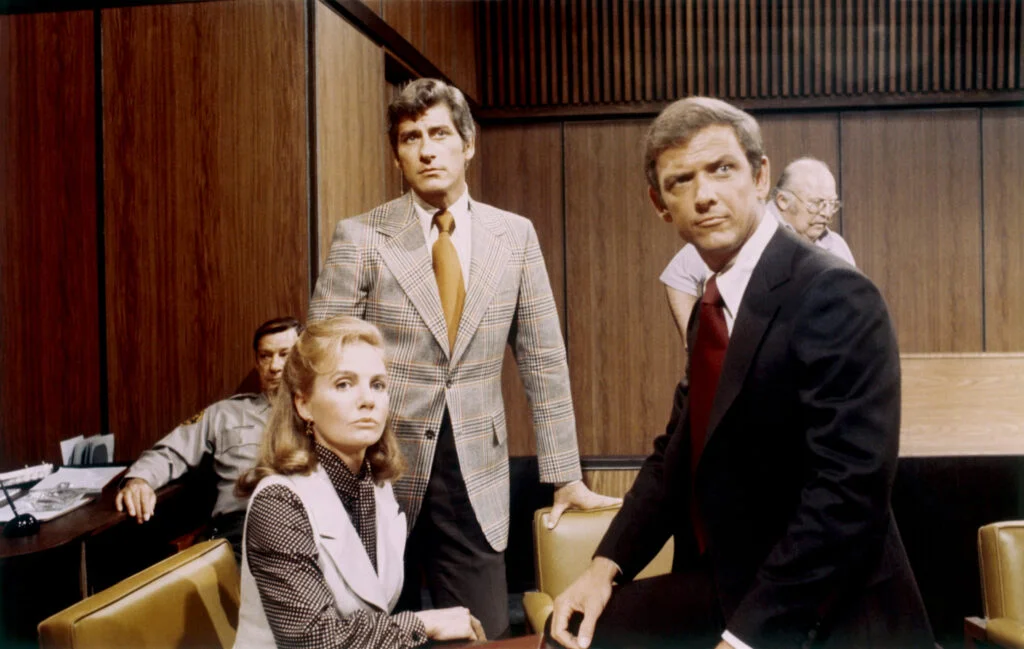
Monte Markham took over the role of Perry Mason in the short-lived 1970s revival, but it was the character of Paul Drake who captured viewers’ attention. This private investigator worked closely with the famous defense attorney, using his street smarts to gather the evidence that would eventually clear Mason’s clients. Drake was cool under pressure and had contacts throughout Los Angeles that helped him get information that wasn’t available through official channels.
Drake represented the practical side of detective work, focusing on the legwork and research that made Perry Mason’s courtroom dramatics possible. His cases were usually connected to murders that seemed unsolvable, with suspects who all had motive and opportunity. Drake’s job was to find the one piece of evidence that would unravel the prosecution’s case and reveal the real killer.
10. Eddie Egan (Joe Forrester)

Lloyd Bridges played Joe Forrester, a veteran police sergeant walking the beat in a tough neighborhood, but it was his real-life inspiration, detective Eddie Egan, who became the template for gritty ’70s police work. These street-level cops understood that real police work wasn’t about glamorous cases or high-profile arrests – it was about knowing the neighborhood and the people who lived there. They solved crimes through patience, persistence, and an understanding of human nature that you couldn’t learn in any police academy.
The beauty of this approach was its authenticity – these weren’t superhuman detectives with unlimited resources, but working-class cops doing their best with what they had. Their cases involved domestic disputes, petty theft, and the kind of everyday crimes that affected ordinary people. They proved that sometimes the most effective detective work happened not in the squad room or the laboratory, but on the street corner where people lived their lives.
11. Dave Starsky and Ken Hutchinson (Starsky & Hutch)
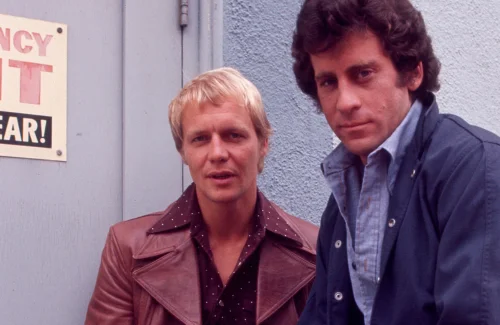
Paul Michael Glaser and David Soul played the dynamic duo of Bay City police detectives who proved that partnership was the key to effective law enforcement. Starsky was the streetwise tough guy while Hutch was the college-educated thinker, and together they covered all the bases that effective police work required. Their red Ford Torino became as famous as they were, racing through the streets of California in pursuit of justice.
What made Starsky and Hutch work was their genuine friendship and complementary skills – they trusted each other completely and weren’t afraid to take risks when lives were on the line. Their cases often involved drug dealers, organized crime, and the kind of violent criminals who preyed on innocent people. These detectives showed that sometimes the best way to fight crime was with loyalty, courage, and a willingness to have your partner’s back no matter what.
12. Steve McGarrett (Hawaii Five-O)
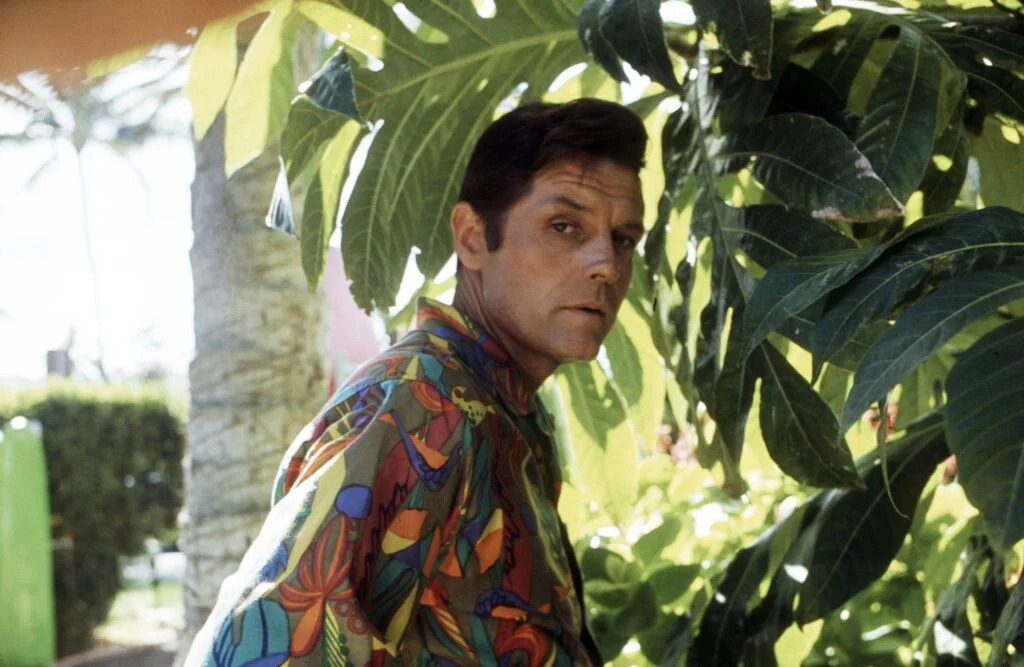
Jack Lord’s Steve McGarrett ran a special police unit in Hawaii, bringing mainland law enforcement techniques to the tropical paradise of the Pacific. McGarrett was all business, with his perfectly groomed hair and no-nonsense attitude toward crime and criminals. His famous “Book ’em, Danno” became a cultural touchstone, representing the satisfaction of seeing justice served and the bad guys caught.
Hawaii Five-O showed that crime could happen anywhere, even in paradise, and that effective law enforcement required dedication, intelligence, and the willingness to work as a team. McGarrett’s cases often involved international intrigue, organized crime, and the kind of complex conspiracies that took advantage of Hawaii’s unique position in the Pacific. The show proved that good police work was the same whether you were dealing with criminals in Honolulu or any other major city.
13. Baretta (Baretta)
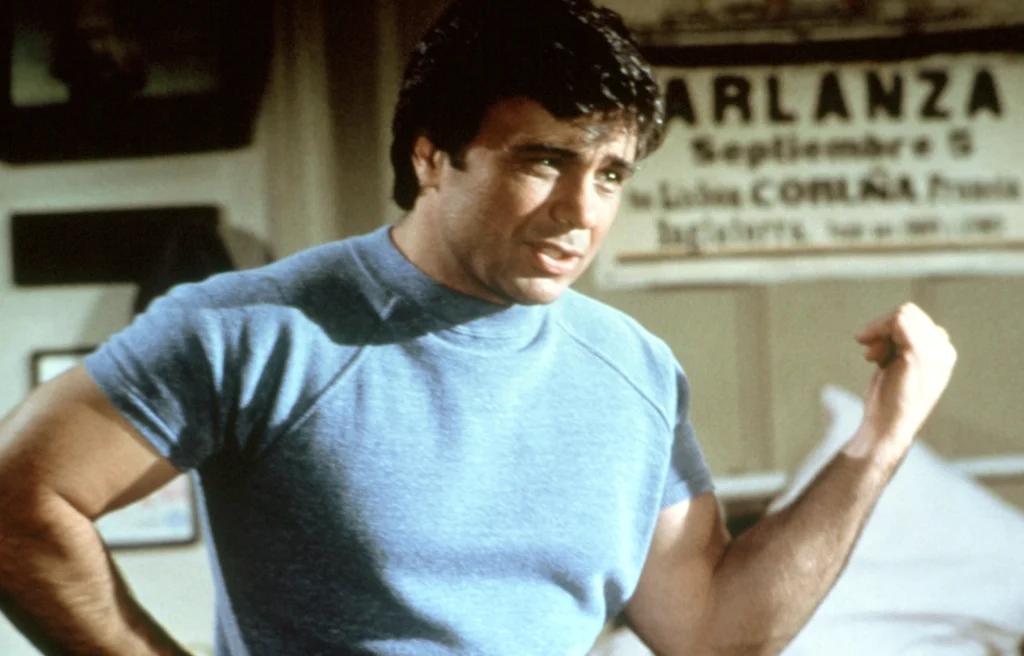
Robert Blake’s Tony Baretta was an undercover cop who lived in a rundown hotel with his pet cockatoo, Fred. This streetwise detective could blend into any environment, from the toughest neighborhoods to the most exclusive social clubs, using his acting skills and street knowledge to gather information and catch criminals. Baretta’s approach was unconventional but effective, proving that sometimes the best way to catch a crook was to think like one.
What made Baretta memorable was his genuine empathy for the people caught up in the criminal justice system, whether they were victims, witnesses, or even criminals themselves. He understood that crime was often the result of desperation, poor choices, or circumstances beyond people’s control. Baretta’s philosophy was simple: treat people with respect, listen to what they’re really telling you, and never give up on finding the truth, no matter how complicated or uncomfortable it might be.
Those were the days when television detectives made it all look so easy – light up a smoke, ask a few pointed questions, and by the time the credits rolled, justice was served and order was restored. These characters became part of our cultural DNA, representing a time when right and wrong seemed clearer, when heroes were flawed but fundamentally decent, and when a good detective could solve any mystery with nothing more than common sense and uncommon determination. They may have been fictional, but they gave us something real to believe in during a decade when we needed heroes more than ever.
This story 13 TV Detectives from the ’70s Who Solved Everything with a Shrug and a Cigar was first published on Takes Me Back.


